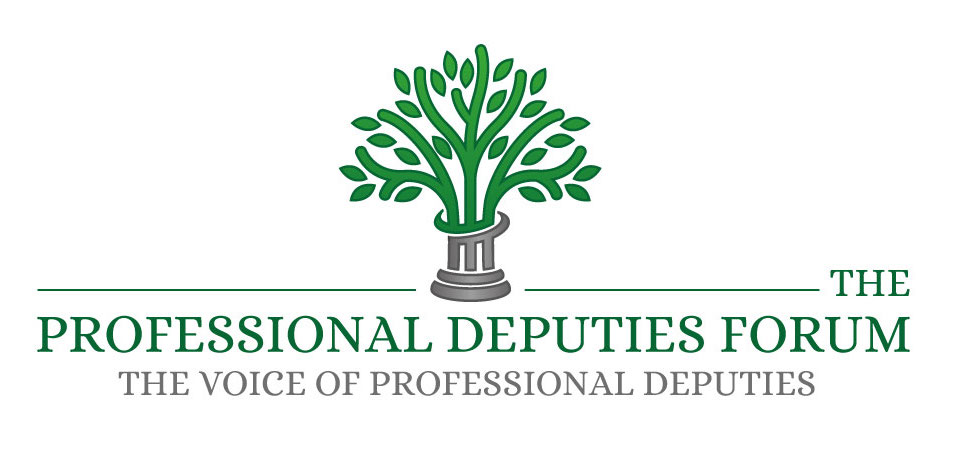The VRS is a Creditor (User) accessed platform providing vulnerable consumers with a single reference point for recording their personal circumstances at a given point in time when they are looking to protect themselves against further debt or related financial problems. The VRS will help Business Users to identify consumers in potentially vulnerable circumstances.
Whether you are a business with products or services connected to a financial contract or a charity offering advice services, all organisations have a social, moral and regulatory responsibility to identify vulnerable consumers.
Many of you have invested in systems to help people at a particularly difficult and stressful time in their lives, but there has previously been no way to make sure their circumstances are known to other organisations to avoid that consumer going through a similarly distressing experience in repeating the cause of their vulnerability.
The Vulnerability Registration Service addresses this challenge by providing a “decision agnostic” platform to help support creditors and other user organisations to share information on consumers in potentially vulnerable circumstances. It will complement existing systems, and work on a strictly reciprocal basis. To access the VRS, Users must also add any identified vulnerable consumers to the Register.
VRS will provide Users with a single reference point for checking whether any new applicant or existing customer looking for additional credit or financial facilities may have self-registered, either directly with the VRS or via another creditor and wish to protect themselves at a time when they consider they are in a vulnerable personal or financial position. Identified vulnerable consumers can request that their creditor registers their wishes via a simple flag on the VRS register. Users of the register that identify a vulnerable consumer flag simply follow the vulnerable consumer’s wishes by taking the appropriate flag action.
The VRS also has an application in existing customer relationships, such as in managing arrears and collections and employing the most appropriate strategies for a particular consumer’s wellbeing.












